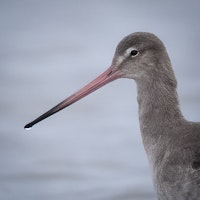
Waders
Godwit
The Godwit bird in Ireland is a large wading bird with a distinctive long, slightly upturned beak. It is known for its impressive migratory journeys between Ireland and sub-Saharan Africa each year.

Description:
The Godwit is a long-legged, wading bird with a long, straight bill. They have a distinctive black-and-white stripe on their head, which sets them apart from other wading birds. The upperparts are brownish-grey, and the underparts are lighter with a buffy tinge.
What they eat:
Godwits feed on insects, crustaceans, mollusks, and worms. During the breeding season, they consume mainly insects and their larvae, while during migration and winter, they feed on shellfish.
Habitat:
The Godwit inhabits wet grasslands, salt marshes, mudflats, and estuaries. They prefer open areas with shallow water.
Size and Wingspan:
The Godwit is a medium-sized bird, measuring between 36 to 44 centimeters long with a wingspan of about 70-80 centimeters.
Male-female difference:
Males and females are similar in appearance, with males having slightly longer bills than females.
Where to find:
The Godwit can be found along the coast and inland wetlands of Ireland. Some of the best places to spot them include Bull Island, Kilcoole, Wexford Slobs, and the Shannon Estuary.
What months can be found in Ireland:
The Godwit is present in Ireland from late summer to early spring during the non-breeding season. They breed in Iceland, Europe, and Asia.
Interesting note:
The long-distance migration of the Godwit is one of the most remarkable of any bird. They fly from feeding grounds in Iceland to their wintering areas in Western Europe or West Africa, covering over 6,000 kilometers in just a few days without stopping. The longest recorded non-stop flight by a Godwit was 11,680 kilometers from Alaska to New Zealand. This makes the Godwit one of the world's greatest long-distance fliers.
Other Birds of Ireland...
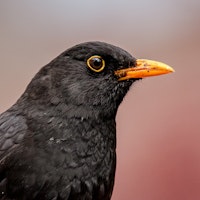
Blackbird
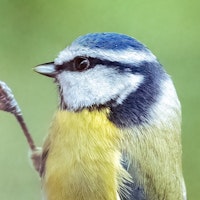
Blue Tit
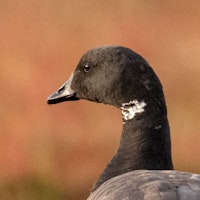
Brent Goose
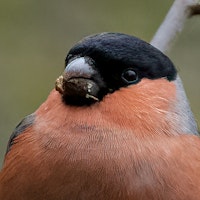
Bullfinch
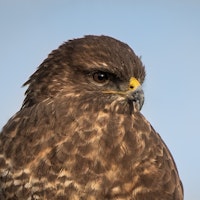
Buzzard

Chaffinch
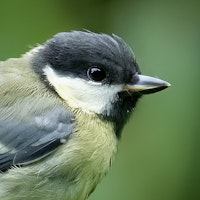
Coal Tit
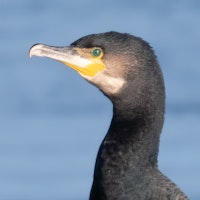
Cormorant
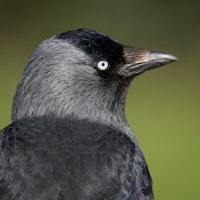
Crow
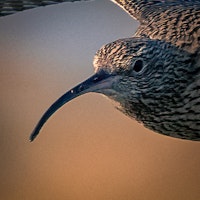
Curlew
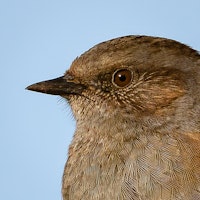
Dunnock
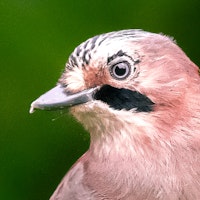
Eurasian Jay
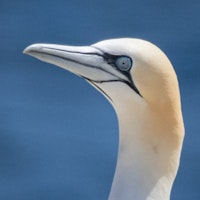
Gannet

Godwit
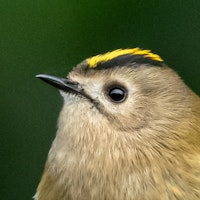
Goldcrest
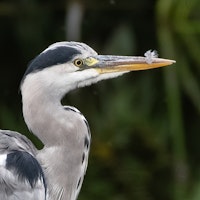
Grey Heron
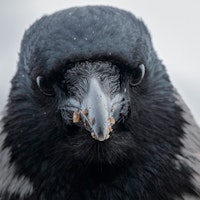
Hooded Crow
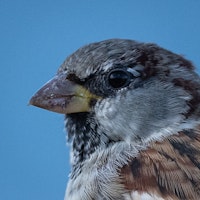
House Sparrow
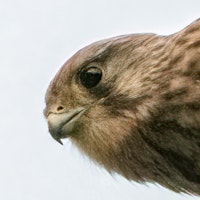
Kestrel
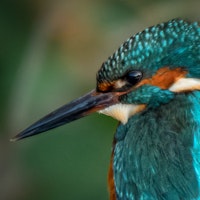
Kingfisher

Lapwing

Little Egret

Long Eared Owl

Long-tailed Tit

Mallard Duck

Merlin

Moorhen

Mute Swan

Oyster Catcher

Peregrine Falcon

Pied Wagtail

Pintail

Puffin

Red Kite

Redshank

Robin

Rook

Sanderling
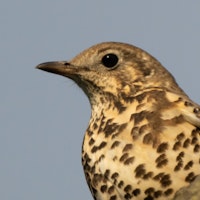
Song Thrush

Sparrowhawk

Starling

Stonechat

Swallow

Tree Creeper

Wren
More pages currently being produced...
Please connect to get updated when new pages are published






